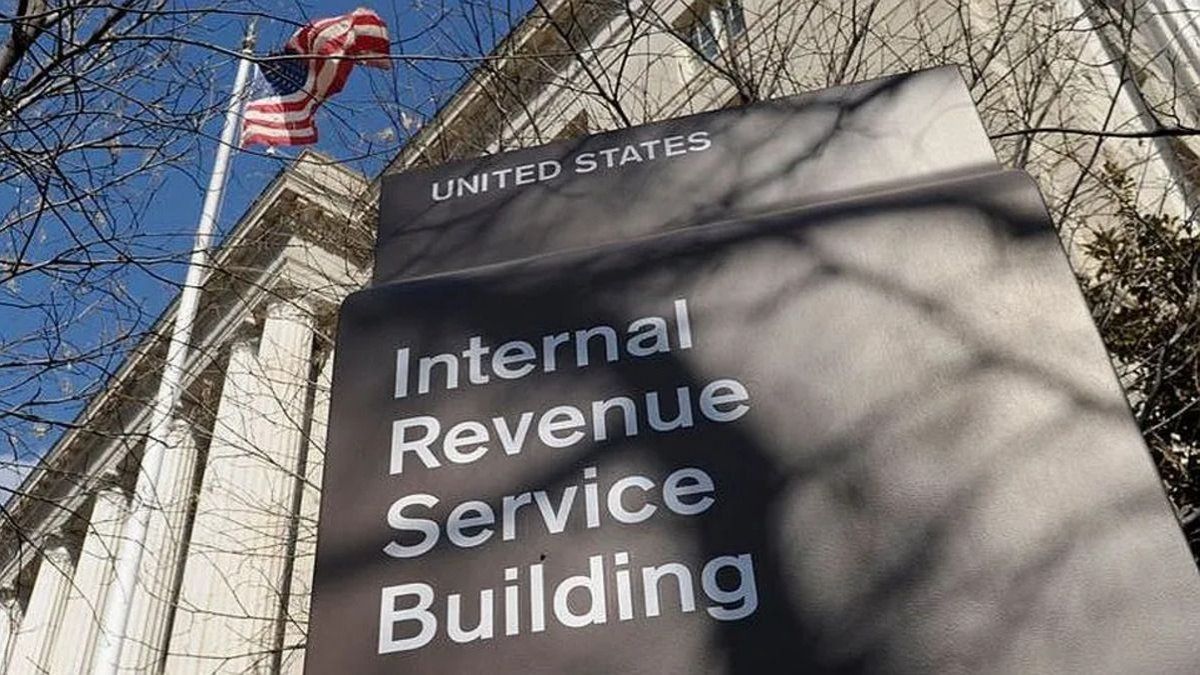FATCA will allow AFIP to receive data from Argentine accounts in US banks as of December 31. This will allow for a successful closure of the fiscal transparency process in our country.
In 2010, the United States enacted legislation commonly known as FATCA, which requires foreign financial institutions around the world to report account details of their American clients to the United States tax administration.
As a first step, our country signed a Tax Information Exchange Agreement with the United States on December 23, 2016, a bilateral basis in force that allowed the negotiation of the Agreement. Then, on 1/21/2021, progress was made with the Administrative Agreement between the Competent Authority of the United States and the Competent Authority of the Argentine Republic for the Exchange of Country-by-Country Reports.
But the fundamental step was taken on 12/5/2022 with the signing of the Agreement between the Government of the Argentine Republic and the Government of the United States to Improve International Tax Compliance and to Implement the Foreign Account Tax Compliance Law -FATCA – and its Memorandum of Understanding.
Finally, on 4/20/2023 and in a complementary manner, the Competent Authority Agreement was sealed between the Competent Authorities of the United States and the Argentine Republic to make the FATCA Agreement operational. The Agreement defined the Secretary of the Treasury as the Competent Authority for the United States and for Argentina, the AFIP..
The United States excludes from its definition of territory only: American Samoa, Guam, the Northern Mariana Islands, Puerto Rico, and the United States Virgin Islands.
The exchange through the United States includes certain information on accounts reportable to Argentina in US financial institutions identifying the account holder, the financial institution, the gross amount of interest, dividends and other US source income received by Argentine residents in US accounts.
The agreement came into force in 2023 and, although AFIP already receives information on a case-by-case basis, the first massive data shipment will be received in September 2024.. This new tool allows our country to make a fundamental leap into the network of agreements on fiscal transparency with the main financial centers in the world.
Argentina joined the Multilateral Convention on Mutual Administrative Assistance in Tax Matters (OECD-EC) in November 2011 and, since that date, a broad information exchange network began to be consolidated in our country. This allows the treasury to have inspection tools by putting a magnifying glass on the assets of local taxpayers abroad and puts us at the forefront of international tax transparency.
Today, Argentina has double taxation agreements with 21 countries that include the information exchange clause and specific information exchange agreements that respond to the following scheme:
- Agreements for the Exchange of Information on Tax Matters (Tax information exchange agreements—“TIEAs”). To the date, Argentina has signed 29 Bilateral Agreements for the Exchange of Information on Tax Matters (TIEAs), all of them in force.
- Memorandums of Understanding between Competent Authorities (Memorandums of Understanding “MOUs”), which establish the operational guidelines for mutual assistance in tax matters and are concluded based on the Multilateral Convention on Mutual Administrative Assistance in Tax Matters (OECD-EC), or either within the framework of the information exchange clauses provided for in the Agreements to Avoid Double Taxation. Argentina has signed 10 Memorandums of Understanding between Competent Authorities.
- Agreements on Cooperation and Mutual Assistance in Customs Matters (Convention on Mutual Administrative Assistance in Tax Matters—“CMAAs”), for the purpose of mutual administrative assistance between the Competent Authorities of the Parties. To date, Argentina has signed 35 Agreements on Cooperation and Mutual Assistance in Customs Matters, in force.
Finally, and within the framework of multilateral agreements on tax matters, Argentina has the following treaties:
- Multilateral Convention on Mutual Administrative Assistance in Tax Matters OECD-EC. Signed by Argentina on 11/03/2011. Adhered jurisdictions: 147.
- Multilateral Agreement between Competent Authorities for the Automatic Exchange of Information on Financial Accounts (“CRS”). Signed on 10/29/2014. Adhering jurisdictions: 122. In this particular case, Argentina receives information from 110 jurisdictions and sends information to 85 jurisdictions.
- Multilateral Agreement between Competent Authorities for the Exchange of Country-by-Country Reports (“CbC”). Signed on 06/30/2016. Adhering jurisdictions: 100. Argentina receives information from 94 jurisdictions and sends information to 73 jurisdictions.
- Multilateral Agreement of Competent Authority for the Automatic Exchange of Information on Income obtained through Digital Platforms (“DPI”). Signed on 11/07/2022. Adhered jurisdictions: 25.
- Declaration of Punta del Este. Signed on 11/19/2018. Signing jurisdictions: 15.
- Multilateral Pilot Project for the Broader Use of Information Exchanged under Treaties. Signed on 11/07/2022. Signing jurisdictions: 6.
To put it in numbers, As of October 2023, AFIP received information from 300 thousand taxpayers who had 550 thousand accounts abroad.
Sustaining this type of actions linked to international fiscal transparency over time must be a State policy, independently of the Government in power.
Source: Ambito
David William is a talented author who has made a name for himself in the world of writing. He is a professional author who writes on a wide range of topics, from general interest to opinion news. David is currently working as a writer at 24 hours worlds where he brings his unique perspective and in-depth research to his articles, making them both informative and engaging.




